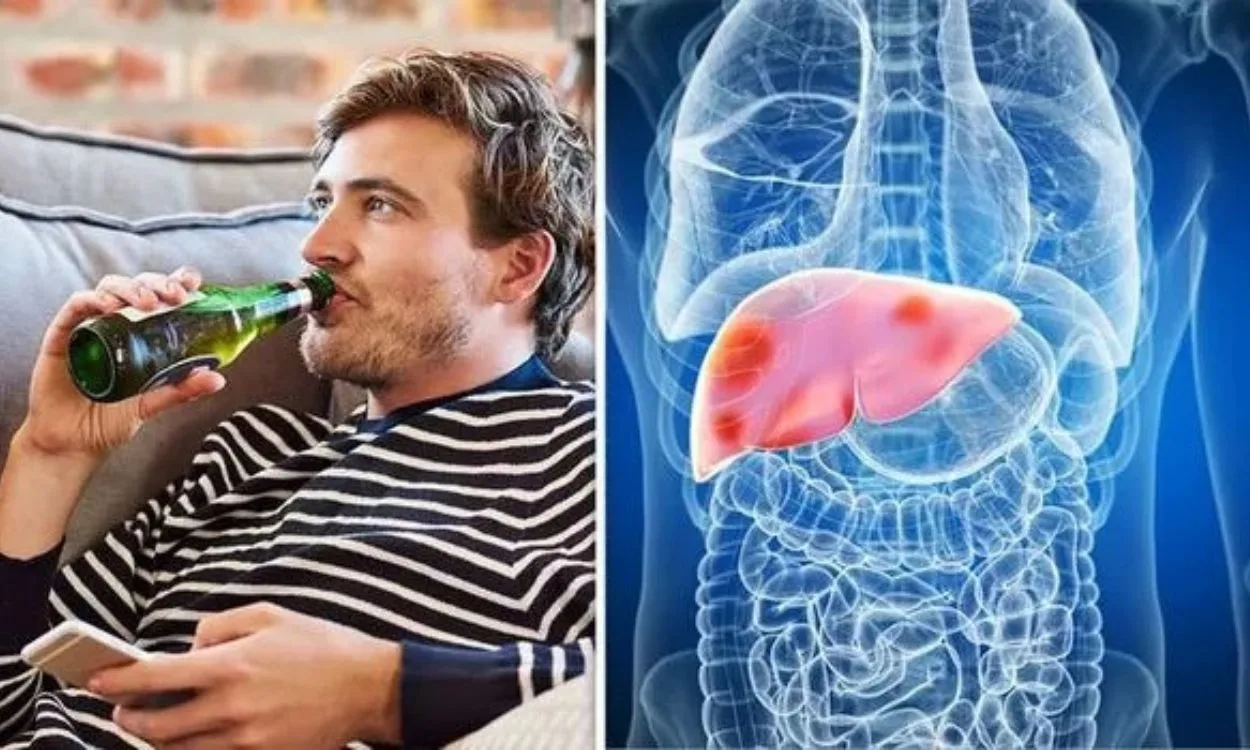Can I still drink alcohol if I have fatty liver?
Introduction
Having a fatty liver is a serious condition that requires attention and lifestyle changes. Among the many questions that arise when diagnosed with fatty liver, one common concern is whether alcohol consumption is still safe. In this article, we will explore the relationship between alcohol and fatty liver, understanding the risks involved, and the potential impact on your health.
Understanding Fatty Liver
Fatty liver, also known as hepatic steatosis, is a condition characterized by the accumulation of fat in the liver cells. It can be caused by various factors, including obesity, diabetes, high cholesterol, and excessive alcohol consumption. The excessive accumulation of fat in the liver can lead to inflammation and scarring, potentially progressing to more severe conditions such as liver cirrhosis.
The Impact of Alcohol on Fatty Liver
Alcohol consumption plays a significant role in the development and progression of fatty liver disease. When you consume alcohol, your liver prioritizes its metabolism over other functions, including the breakdown of fats. This prioritization can lead to the accumulation of fat in the liver cells, contributing to the development of fatty liver disease.
Alcohol and Fatty Liver: A Risky Combination
If you have been diagnosed with fatty liver, it is crucial to understand the risks associated with alcohol consumption. Here are some key points to consider:
- Increased liver damage: Alcohol acts as a toxin to the liver, causing inflammation and further damage to the already compromised liver cells. Continued alcohol consumption can exacerbate the progression of fatty liver disease and increase the risk of developing more severe liver conditions.
- Impaired liver function: Fatty liver disease already compromises liver function. Alcohol consumption can further impair liver function, leading to difficulty in metabolizing nutrients, medications, and toxins. This can have wide-ranging effects on your overall health and well-being.
- Risk of liver cirrhosis: Fatty liver disease, when combined with alcohol consumption, increases the risk of developing liver cirrhosis. Cirrhosis is a severe condition where healthy liver tissue is replaced by scar tissue, leading to liver dysfunction and potential liver failure.
Lifestyle Changes for a Healthy Liver
If you have fatty liver disease, it is essential to make significant lifestyle changes to promote liver health and prevent further damage. Here are some steps you can take:
- Eliminate or reduce alcohol consumption: The first and most crucial step is to eliminate or significantly reduce alcohol consumption. Consult with your healthcare provider for guidance on the appropriate level of alcohol intake for your specific condition.
- Healthy diet: Adopting a healthy, balanced diet is crucial for managing fatty liver disease. Focus on whole, unprocessed foods, including fruits, vegetables, lean proteins, and whole grains. Avoid or limit foods high in saturated fats, added sugars, and refined carbohydrates.
- Regular exercise: Engaging in regular physical activity can help improve liver health and aid in weight management. Aim for at least 150 minutes of moderate-intensity exercise per week, as recommended by health experts.
- Manage underlying conditions: If you have underlying conditions such as obesity, diabetes, or high cholesterol, work with your healthcare provider to manage and control them effectively. These conditions can contribute to the development and progression of fatty liver disease.
Fitpaa: Your Partner in Health and Wellness
While making lifestyle changes to manage fatty liver is essential, having the right support and guidance can make a significant difference in achieving your health and wellness goals. Fitpaa, an end-to-end AI-driven metabolism monitoring and management technology, can be an invaluable tool in your journey towards a healthier liver and overall well-being.
Fitpaa’s personalized Fitpaa Capsule, created by a team of experts including fitness coaches, nutritionists, and doctors, is designed to optimize metabolism and help you achieve your health and fitness goals. By closely monitoring your metabolism and providing real-time guidance, Fitpaa ensures that you stay on track and make informed choices for a healthier lifestyle.
With Fitpaa’s mobile app, you have access to a virtual workout trainer, diet tracker, performance tracking, and progress tracking, all in one place. Additionally, Fitpaa offers unlimited consultations, daily follow-ups, and weekly reviews by a team of professionals to ensure your progress is on the right track.
Conclusion: Your Health, Your Choice
When it comes to alcohol consumption and fatty liver disease, the choice is ultimately yours. However, it is crucial to understand the risks involved and prioritize your liver health. Making the necessary lifestyle changes, including reducing or eliminating alcohol consumption, adopting a healthy diet, and regular exercise, can significantly improve your liver health and overall well-being.
With Fitpaa by your side, you have a comprehensive tool to support your journey towards a healthier liver and a better quality of life. Download the Fitpaa app today and embark on your path to achieving your health and fitness goals with guaranteed results. Remember, your health is your most valuable asset, and Fitpaa is here to help you protect and nurture it.









